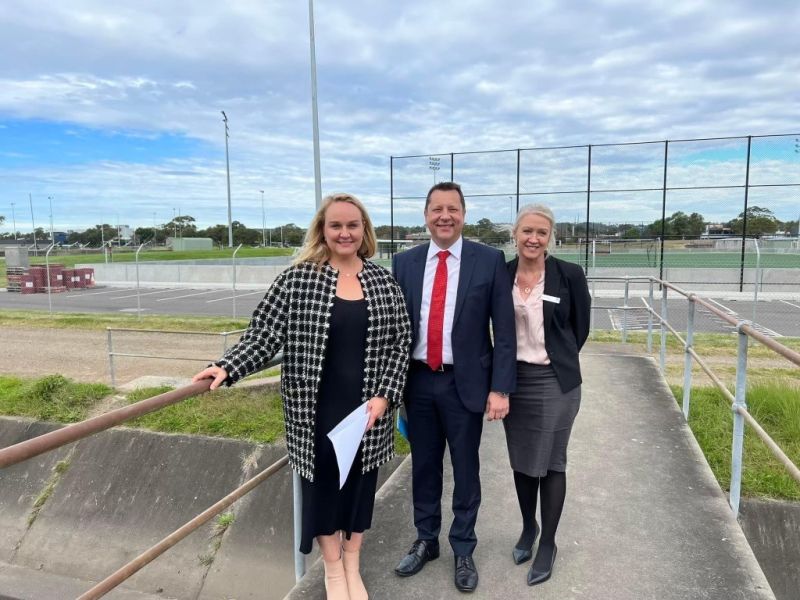The Albanese Government’s approach in the Budget will make Australia more influential in the world, by investing in all elements of our statecraft including diplomatic power, trade and development.
At a time when we face the most confronting circumstances in decades, the 2023-24 Budget will better enable Australia’s global network to shape the region and advance our interests, including by lifting the capability of our foreign service, and by countering disinformation.
Since coming into office, the Albanese Government has made a significant investment in our key relationships and our diplomacy, bolstering DFAT’s capability by funding more than 350 staff across our diplomatic network, raising the Department’s workforce to its highest levels in over a decade.
The 2023-24 Budget includes more than $55.7 million over the forward estimates to deepen our engagement in Southeast Asia. This will be achieved through innovative programs to support more people-to-people links, including specialised scholarships.
The Albanese Government will also support the National Centre for Asia Capability (Asialink Business). These represent critical initial investments that will complement the implementation of the Government’s Southeast Asia Economic Strategy to 2040, to be released later this year.
The Government is delivering on its commitment to advance Australia’s trade and investment diversification agenda by investing $31.9 million to progress the Indo-Pacific Economic Framework. This regional framework will expand Australia’s trade and economic interests including in digital and green trade and strengthen regional supply chains.
Investment in the Simplified Trade System and the Trade Information Service is key to helping Australian producers and exporters navigate regulatory requirements and access information on emerging markets.
The 2023-24 Budget continues the Albanese Government’s long-term rebuild of Australia’s international development program, after almost a decade of Coalition cuts and neglect, including funding for DFAT to grow its team of development professionals to deliver an effective program with impact.
These measures will underpin the Government’s forthcoming new international development policy and provide the framework for working with partners across the region to meet our most pressing challenges, including climate change.
The Albanese Government is determined to clean up the fiscal messes left by the former Government, including a series of band-aid fixes through terminating budget measures.
There will be ongoing funding for the Interim Mission on Afghanistan, reflecting Australia’s commitment to the people of Afghanistan, and our enduring security and consular interests.
The Foreign Arrangements Scheme was introduced to ensure agreements with foreign countries are consistent with Australia’s national interests. Despite its clear benefits, terminating funding was provided by the former Government in successive budgets from the scheme’s 2020 introduction.
The Albanese Government will support the ongoing administration of the scheme, as well as funding the required legislative review of the scheme to ensure it is working efficiently.
A temporary measure put in place by the former Government to cover historical underfunding of the Department’s overseas lease costs was due to expire. The Albanese Government will fix this structural shortfall with ongoing funding.
The Government will upgrade Australia’s ageing International Communication Network infrastructure, which supports global secure communications across government, building resilience against cyber threats.
The Albanese Government continues to support the recovery of our vibrant visitor economy and fourth largest export earner, through the $48 million tourism and travel package.
This funding is helping tourism businesses attract and upskill workers to address current workforce shortages and improve the quality of Australia’s tourism offerings.

